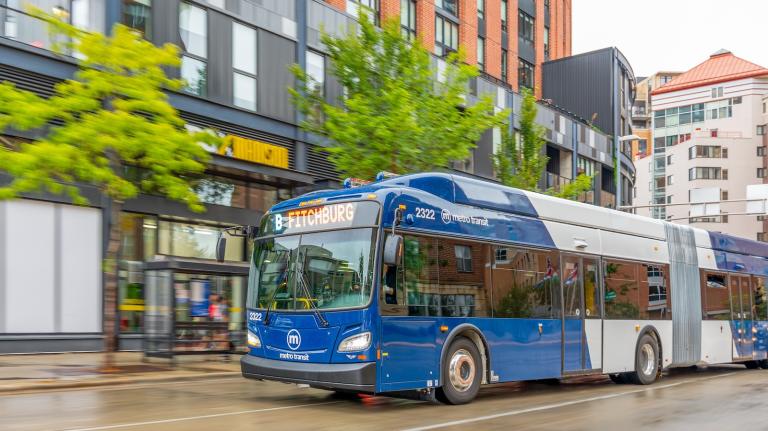This AP story is a bit old but it’s incredibly significant so I’m going to go ahead and get in a tizzy about it.
It’s about efforts by the city of Stamford, Conn. (among other places) to establish a micro grid district. What’s that, you ask?
Within these special zones, sometimes referred to as “energy independence districts,” businesses, government buildings and office buildings can design and create their own power source, such as a fuel cell or natural gas generator, using the electric grid only as a backup. They might also tap into underground aquifers and use that water for heating and cooling purposes, or even install solar panels to capture more energy.
The entities in the district would essentially plan an electrical system that uses the energy efficiently, based on their needs. For example, a hotel and office building might team up, with the hotel needing electricity more at night and the office building needing it more during the day.
Stamford’s immediate motivation is escaping reliance on a shaky electricity grid that’s causing more and more blackouts, to the city’s great detriment. After all, corporations don’t want to locate in your town if they can’t rely on the power.
However, I suspect once these things start spreading, other benefits will manifest — at both the town and state level — and soon the demand for a smarter, more flexible grid will become universal.


